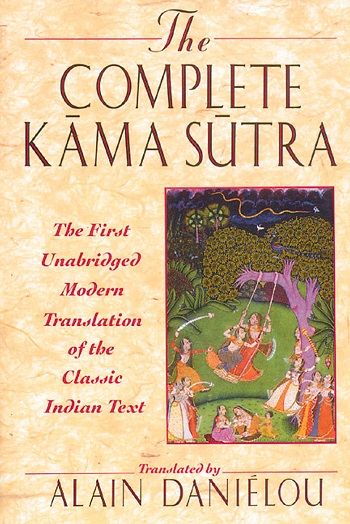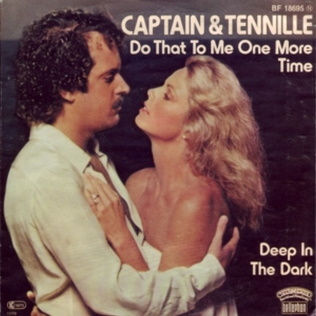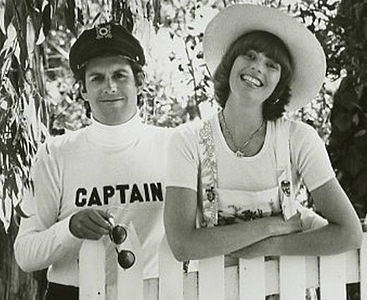|
home | what's new | other sites | contact | about |
||||||
|
Word Gems exploring self-realization, sacred personhood, and full humanity
Editor's Essay The Holodeck Worlds the Kama Sutra, part 1
return to "Holodeck" main-page
If men and women act according to each other's liking, their love for each other will not be lessened, even in one hundred years. Kama Sutra
The Kama Sutra is an ancient Hindu text. It’s grown in popularity in the West, primarily for its advice concerning physical love. While focusing on sexual fulfillment, according to Wikipedia, the Kama Sutra offers instruction on how to incorporate erotic love within what it considers a well-lived life. Should we study the Kama Sutra as a wisdom source? From what I’ve seen in its reviews and synopses, I can’t recommend it. Much of its so-called “wisdom” falls into a category of what “The Wedding Song” labels “buying and selling,” a one-sided negotiation to “make me happy”; further, some of the Kama Sutra text is patently dishonorable with teaching on how to commit adultery. All this acknowledged, some, maybe precious little, of the Kama Sutra does seem to reflect high-grade understanding concerning the arts of love. Some decades ago, when I began to collect quotations for what would become “Word Gems,” I came across a wisdom-saying of the Kama Sutra. It struck me as incredibly insightful: If men and women act according to each other's liking, their love for each other will not be lessened, even in one hundred years. Consider the typical John-and-Mary view toward love-making. As we discussed in “The Wedding Song,” for Mary, so often, she just wants to get it over with. For John’s part, the sex act fills an animal hunger, not unlike enjoying a meal. There is a repugnant saying encapsulating this mechanical, souless love: “slam, bam, thank you, m’am.” Strangely, though, eventually even John tires of the formulaic routine, and then they find reason not to touch each other anymore. But the Kama Sutra suggests that it doesn’t need to be that way. Look at that proverb again: If men and women act according to each other's liking, their love for each other will not be lessened, even in one hundred years. It’s telling us that, among enlightened couples, it doesn’t have to be one-sided, with the pleasures, meager as they might be, drifting to the male’s side of the equation. Remember in “True Lies,” Tom Arnold’s little joke about having kids? – “hey man, 5 seconds of pleasure, 20 years of misery.” That aside, what if each partner got exactly what she or he wanted during love-making? But wait. This would not be what “Mary wants” as defined by an imperious John. Instead, under this plan, Mary would tell John exactly what she wants. She tells him how to touch, about the whispering of certain words, duration of time, firmness or softness, whether she'll take the passive or active role, etc., etc. It’s whatever Mary wants, and she alone will decide. And John, in his own turn, gets to do the same. Each partner offers a form of sexuality precisely “according to [the] other’s liking.” It’s a custom-crafted other-centered sexual love.
Postscript: The Kama Sutra also offers the proposition that, despite certain street-smart claims to the contrary, women enjoy, and would seek for, love-making more than men. John, of course, is popularly believed to be the front-runner in this process. But is this correct? We'll have to ask Mary, but Woman is the more sensitive, more in touch with her inner energies, and it is she whom the Guides refer to as Love, virtually, as a personification. I think the notion that Mary does not like sex has gained currency because, for her, it’s an ad hoc attestation; a form of self-protection - because, so often, she's exploited as impersonal chattel, taken advantage of, and, worse, with the wrong man. Why would she like it then? Are we having fun yet?
|
||||||
|
|



